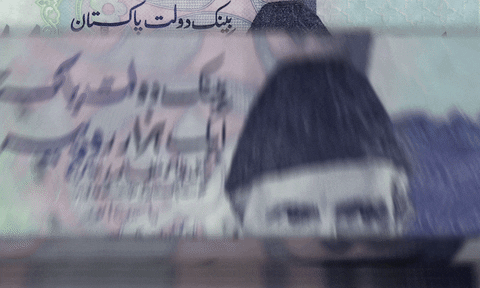Distraught relatives searched for bodies in Uzbekistan's smouldering city of Andijan, where dozens were killed in a military crackdown after anti-government protests that hard-line President Islam Karimov blamed on Islamic radicals. Britain slammed the violence as "a clear abuse of human rights," the strongest international rebuke of the clashes yet and London's harshest criticism in years of Tashkent, a key ally in Washington's war on terror. "The situation is very serious, there has been a clear abuse of human rights, a lack of democracy and a lack of openness," Foreign Secretary Jack Straw said.
In Andijan, soldiers and tanks were deployed on the streets of the eastern Uzbek city in the volatile Fergana Valley, the scene of the most violent clashes in the impoverished Central Asian nation - that houses a US military base - on Afghanistan's northern border in more than a year.
Smoke billowed from a government building that burned during the night and the streets were mostly empty of people and cars. The exception was the morgue, where relatives came to look for their missing loved ones.
"I have been looking for two days for the bodies of my brothers," said Bakhadyr Yergachyov, clutching his siblings' passports. "They are neither at the morgue nor at the hospitals."
An accurate death toll from the violence was impossible to come by, as soldiers guarding the city morgue and hospitals denied entry to reporters amid a general media clampdown by the autocratic government.
Local witnesses spoke of seeing up to 300 bodies, while AFP correspondents had seen up to 60 corpses on the streets a day after the unrest.
The bloodshed started early Friday, when weeks-long demonstrations over a trial of 23 local businessmen boiled over. Prosecutors had accused the men of belonging to an outlawed Islamic group, but their supporters said the charges were fabricated.
Armed backers of the accused stormed a local prison to free them, along with some 2,000 other prisoners, and thousands of people then reportedly converged on Andijan's main square in what quickly turned into an anti-government rally. The military moved against the crowd within hours. Witnesses said the soldiers fired indiscriminately into the crowd.
"This is the fault of the president," Nadyr, a worker at the Andijan market, told AFP early Sunday. "It is he who has reduced us to this situation and it was he who ordered the killing of the innocents," he said.
"Their aim is to unite the Muslims and establish a caliphate," Karimov told journalists on Sunday. He said soldiers fired only after being fired upon by the protestors.
Karimov's government, wary of Islamic influences in a country that shares a border with Afghanistan, has moved on what it considers radical groups for years.
Critics say that in practice, this has meant a crackdown on practising Muslims that has filled the nation's prisons, fuelled discontent with the regime and paradoxically has driven many to support the groups opposed by the government.
BR100
7,854
Decreased By
-86.2 (-1.08%)
BR30
25,270
Decreased By
-377.9 (-1.47%)
KSE100
74,836
Decreased By
-681.2 (-0.9%)
KSE30
24,004
Decreased By
-273.3 (-1.13%)





















Comments
Comments are closed.